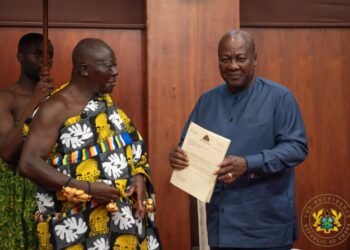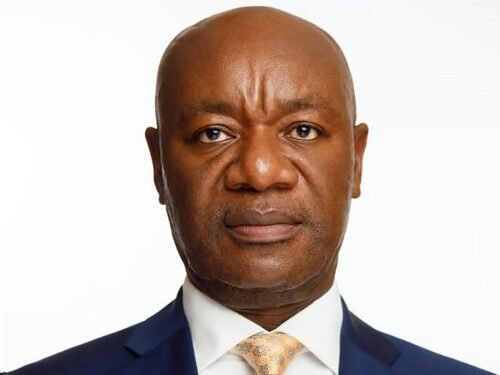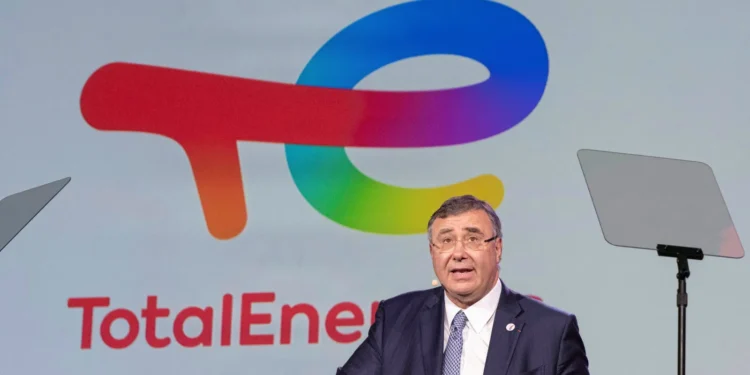Dr. Kojo Asante, a senior research officer at the Centre for Democratic Development (CDD), has faulted the Electoral Commission (EC) for its handling of the unresolved collation process that led to a rerun in the Ablekuma North constituency.
Speaking on the lingering electoral dispute from the 2024 general elections, Dr. Asante maintained that the EC should have sought legal clarity when it became clear that consensus could not be reached to complete collation.
While expressing his condolences to the family of the late NPP parliamentary candidate, Hon. Ernest Kumi, and acknowledging the emotional fatigue surrounding the protracted electoral process, Dr. Asante stated that it was time to hold institutions accountable. “I think the EC has to take some of the blame, but certainly not all the blame,” he said.
He drew attention to long-standing recommendations made during previous post-election assessments.
“You know in 2016, 2020, one of the recommendations that came from the post-election workshop was that we needed to set up electronic transmission of results from the polling station. I think if we had that, we wouldn’t have this problem that we are having with Ablekuma North in the 2024 elections”
Dr. Kojo Asante, Senior Research Officer at the Centre for Democratic Development

Dr. Asante criticised the persistent lack of accountability for acts of electoral disorder. He explained that a lot of places where pink sheets, ballot papers and other election materials were destroyed had more than enough cameras capturing video evidence, “and yet, up to six months down the line, nobody’s been held responsible.”
He warned that the absence of legal consequences for such actions incentivises disruption at polling stations and undermines public trust in the electoral process as “it gives people incentives to orchestrate all kinds of issues at polling stations,” in future elections, putting the country “in a very difficult place.”
Dr. Asante further pointed out that current electoral laws are inadequate in addressing emergent complications such as the inability to use pink sheets to verify results.
‘What is the procedure? That is not clear. So it looks like you have to go back to the general function of the Electoral Commission to draw some direction from there”
Dr. Kojo Asante, Senior Research Officer at the Centre for Democratic Development
He added that consistency is critical when applying discretionary powers under vague circumstances.
Court Intervention and Legal Reform
The CDD official argued that the Electoral Commission missed an opportunity to validate its decision-making through judicial channels.
“If you want to do that, then you have to be very consistent with how you apply. Or at best, you go to the court for direction, and that’s where I think that the EC was wrong”
Dr. Kojo Asante, Senior Research Officer at the Centre for Democratic Development

Dr. Asante underscored that after realising consensus could not be reached to complete the collation process, the EC should have sought judicial clarity. He maintained that doing so would have legitimised the EC’s move to conduct a rerun and insulated the Commission from criticism.
“So in a way, the NPP went to do the job for them,” he added, referencing the NPP’s injunction case against the EC for its decision to rerun the election in 19 polling stations in Ablekuma North.
Dr. Asante called for immediate legal reforms to address the procedural gaps that contributed to the Ablekuma North impasse. “So the solution in the future, of course, is legal reform,” he stressed, however, adding that, in the meantime, the courts must take the lead in establishing clear directives.
Referring to the recent injunction hearing on the rerun, Dr. Asante noted that the judge had asked critical questions.
“Can you confirm that the EC says they are able to collate the process now? They have the consensus to do that?” he quoted, concluding that such legal scrutiny reinforces the need for procedural clarity.
The rerun, which has already stirred political tension in the constituency, continues to attract commentary from civil society and electoral experts alike. As the EC moves forward, demands for greater transparency, legal precision, and institutional accountability are expected to grow louder.
READ MORE: Ghana Moves to Ban Raw Shea Nut Exports by 2026 to Boost Local Value Addition























